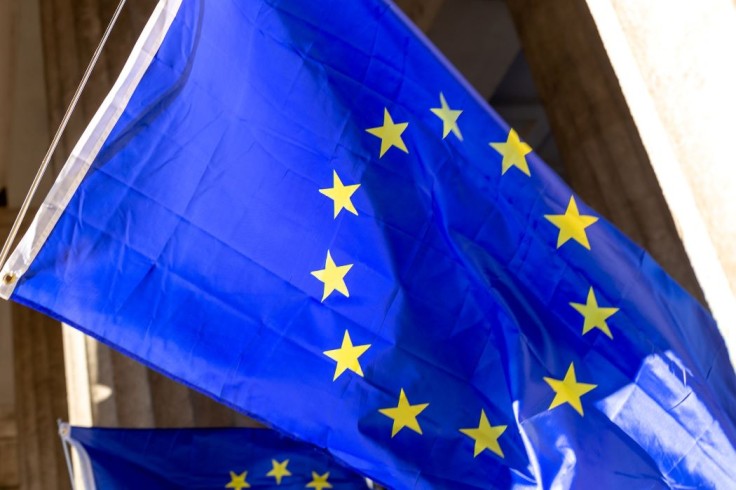The EU may be creating the world's first comprehensive law governing generative AI tools.
Members of the European Parliament recently agreed to push a draft that regulates AI technology to its final stage, which may include new copyright rules for companies using generative AI tools.
The ethics of generated AI content has been a hot topic since the rise of generative AI tools of ChatGPT and NightCafe that could plagiarize content off the internet.

EU AI Act Proposed Copyright Rules Details
The European Commission began drafting a bill known as the AI Act nearly two years ago, which aims to regulate emerging AI technology.
Mher Hakobyan, advocacy advisor on AI regulation at Amnesty, stated in a blog post that the AI Act offers EU lawmakers an opportunity to end the "use of discriminatory and rights-violating AI systems," per a Venture Beat article.
This bill, according to a Reuters report, is now one step away from becoming law in the EU thanks to the European Parliament pushing it to the trilogue, the second to the last stage that has EU lawmakers and member states to hash out the bill's final details.
Some of the proposals parliament members made is the classification of AI tools according to their perceived risk level to areas of concern, which include biometric surveillance and spreading misinformation or discriminatory language: from minimal to limited, high, and unacceptable.
A source familiar with the European Parliament's proceedings said that the proposed provision was a late addition within the past two weeks; some committee members initially proposed banning copyrighted materials being sued to train generative AI models but was abandoned for a transparency requirement.
AI tools, like OpenAI's ChatGPT or image generator Midjourney, are classified as high-risk under this criteria. If the proposals are included when the AI Act becomes law, companies using these tools will need to be "highly transparent" in their operations and would have to disclose any copyrighted material used to develop their systems.
This move from an outright ban to a transparency requirement was a good one, according to Macquarie analyst Fred Havemeyer, adding that it was tactful rather than the outright ban some proposed.
The Ethics And Risks Of Generative AI Tools
Members of the European Parliament have the right to worry about generative AI tools. Many people, especially artists, have been hard on such tools due to the companies that own them using billions of internet images to train their AI, which includes the works of artists trying to earn money from their work without consent and compensation, per Polygon.
The artists that filed a lawsuit against the owners of AI art generators like Stability AI, Midjourney, Stable Diffusion, and DreamUp have also added that the companies benefit and profit from the use of copyrighted images and that the harm it brought to artists was no longer hypothetical. AI generators have already sold works online, taking away commissions from artists who create art with hard work.
Another dilemma that the AI Act wants to prevent is potential misinformation, partiality, and unintended plagiarism that could happen when using AI tools.









